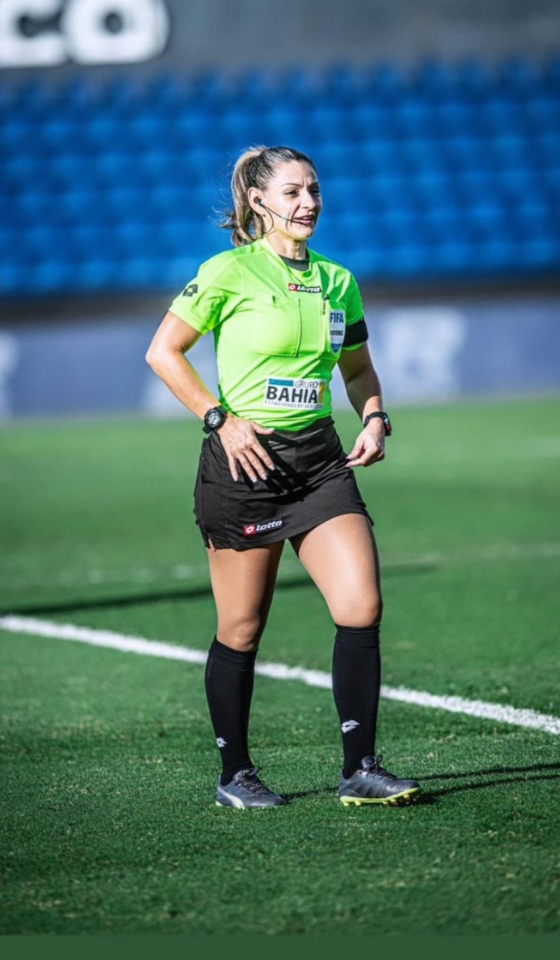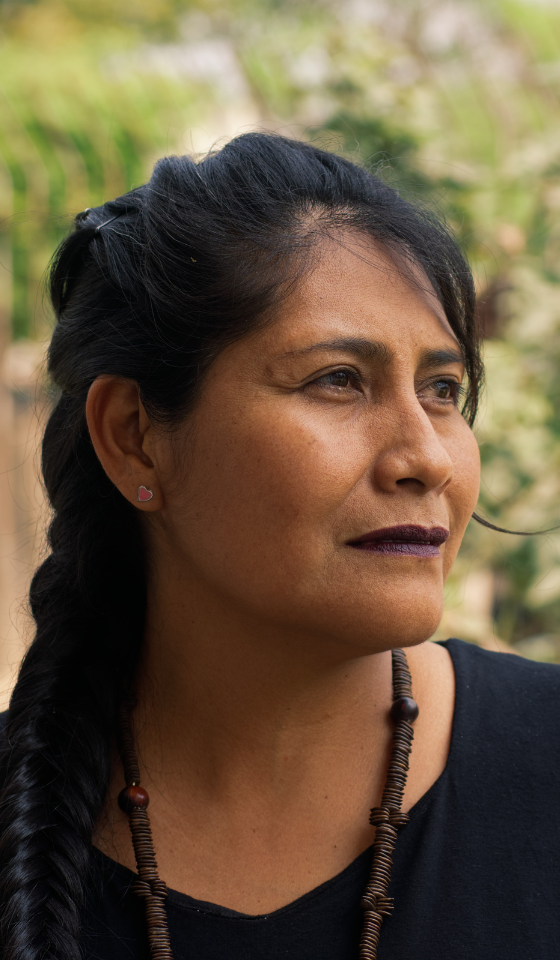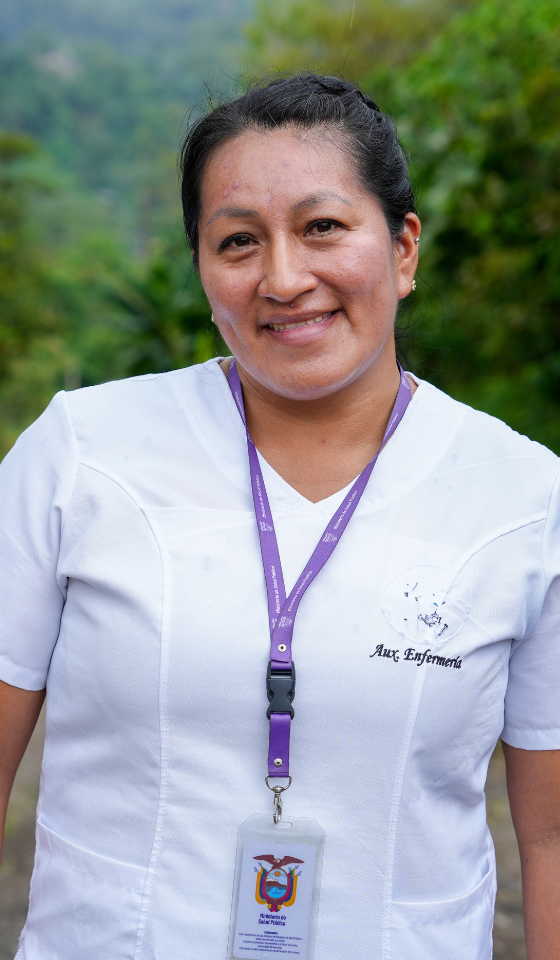All rights for all women
Josefita is an indigenous leader who shares knowledge with the youth in her community. She guides women in a territory affected by the climate crisis and armed conflict, empowering them to make decisions about their bodies and live free from violence.



